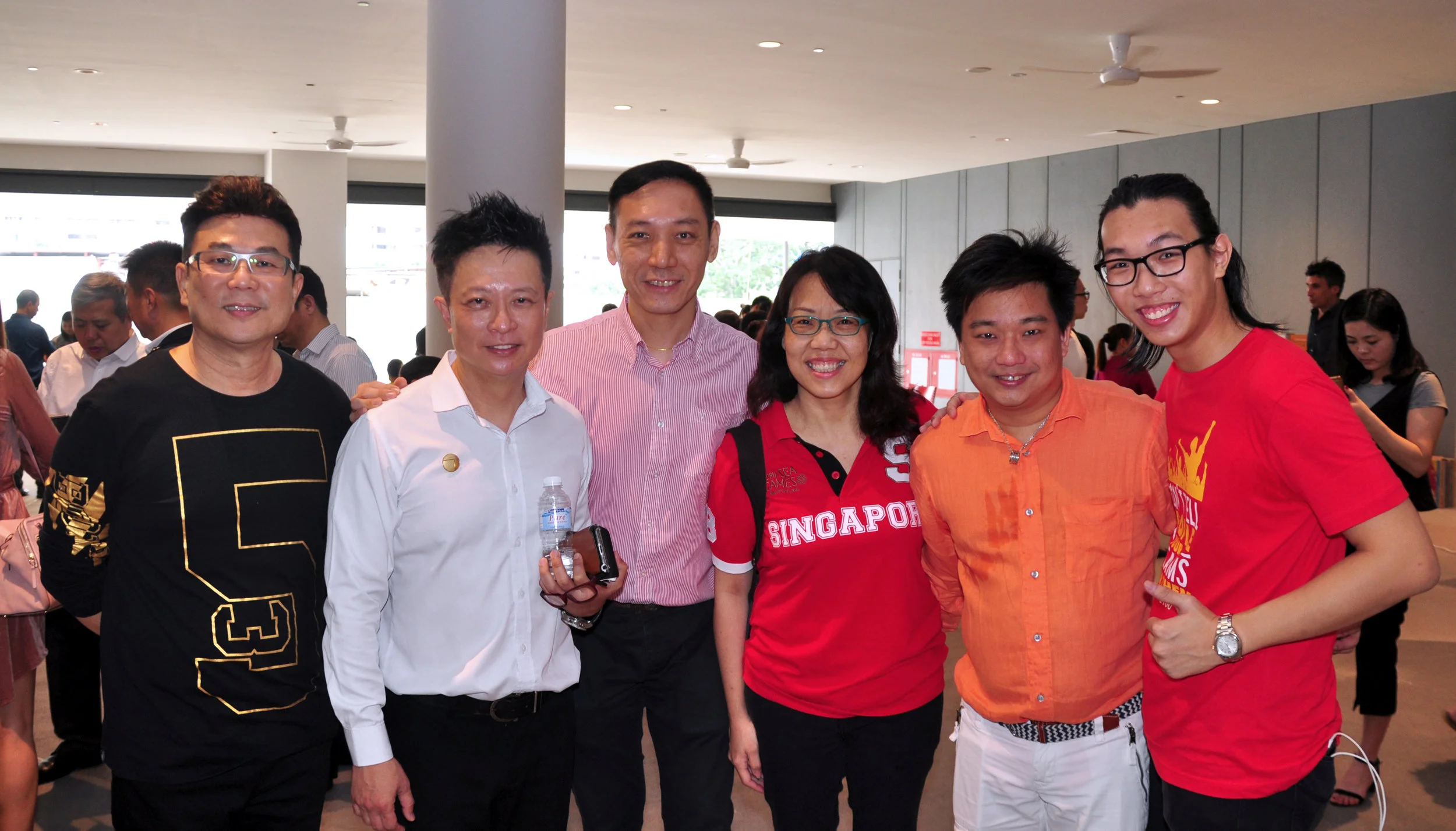It started with an information request by a journalist / reporter on how extroverts can better relate to introverts in business as well as personal relationships. I thought I'd write 5 points that may be useful to extroverts.
Defining the Introvert
The essential difference between an introvert and an extrovert is in how each personality type generates energy.
Introverts generate energy by being in solitude, with minimal external stimulation.
Extroverts generate energy by being around other people and usually feel more 'alive' when they have lots of external stimulation.
External stimulation may consist of sounds like music or talking, visuals like bright lights and television screens, even smells like scented candles and perfumes.
As such, introverts tend to tire (run low on energy) very quickly, especially in novel or large social situations. These happen to be situations that extroverts often revel in, and likely result in extroverts getting puzzled at introverts who want to leave a party early or when they wish to stay home to do something that seems very non-stimulating - like reading.
For extroverts to relate to introverts, it is important to:
1) Understand the introvert's need to be in solitude every now and then
When an introvert is rested and has replenished his/her energy, he/she will be much more engaging because there is energy enough for socialising and general merriment.
Let us have our 'alone time' when we need it and avoid too many questions. We truly appreciate your understanding and we'll soon be back, ready to go.
2) Allow the introvert time to come up with a response
The mind of an introvert is a terribly busy place. Ideas intermingle as they are slowly linked to other bits of information that we've collected over the years. All this organisation and production of coherent thoughts takes a bit of time, so don't expect immediate answers to questions.
Much of the time, the long-awaited response will have been carefully crafted and worded so as not to create controversy or evoke too much emotion (which may end up overstimulating us). As such, it is often worth the wait.
3) Give us a chance to know you a little deeper
Introverts dislike small talk because it feels superficial to us. We prefer to get to know the real you, so tell us more about your deeper thoughts, your likes and dislikes, as well as your views and opinions.
We are, quite frankly, less interested in the stories of you and that friend or the other, unless they are present in the conversation as well. Instead, we would really rather focus on you at the moment, please.
4) Give us prompts sometimes
In a professional setting, such as a meeting, you may sometimes need to give us a little prompt along the lines, "Would you like to add something?"
Many introverts do not like to interrupt when others are speaking. They prefer to wait for a pause or seek a cue for their contribution. When there are many extroverts around, this may not happen at all. The extroverts will end up wondering why the introverts aren't sharing anything so they fill the pauses with more information. All the while, the introverts are frustrated that the extroverts are hogging the limelight and not giving them a chance to speak up.
So give us an opening now and then. We really appreciate it.
5) Try some of the things we like
Introverts often end up doing the things that extroverts like, such as attending social events and visiting noisy places, because they may not be comfortable interrupting already-made plans or speaking up against them. Unfortunately, they often end up tired and unhappy from all the extra stimulation, even feeling a bit of indignation that their extrovert activity partners never asked for their opinion before making such plans.
We'll feel more cared for and will appreciate your consideration when you offer to do some 'quiet' things with us, like sitting in a small cafe or walking through a park or garden in the cool of day.
Concluding Thoughts
At the end of the day, introverts and extroverts need each other. Introverts benefit from extroverts who help us to break the ice and who make introductions for us.
Extroverts benefit from our painstaking analysis when it comes to planning, especially for a new year ahead.
Instead of seeing each other as weirdos from an opposite camp, let us come together and help each other out in our strengths and cover each other's weaknesses.





